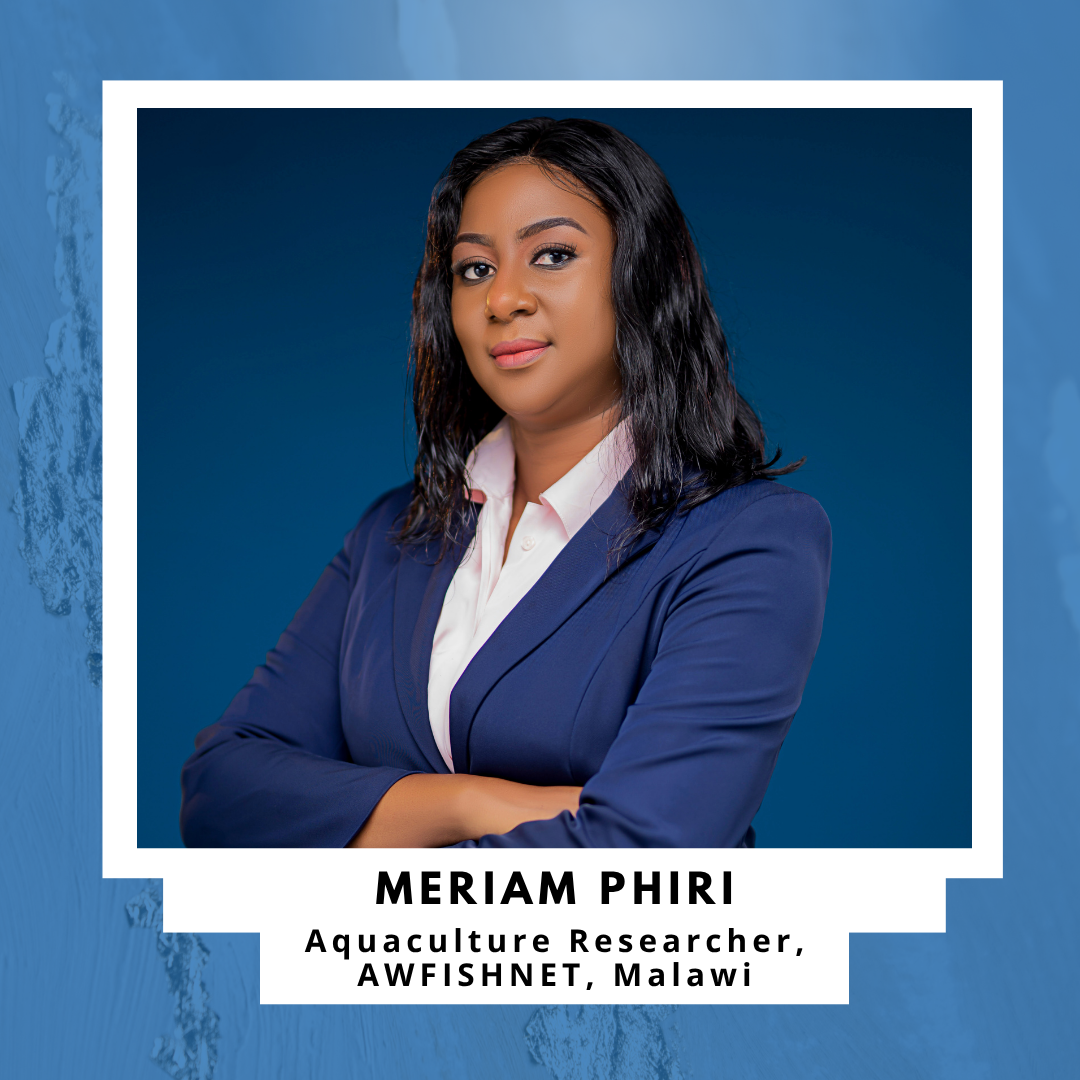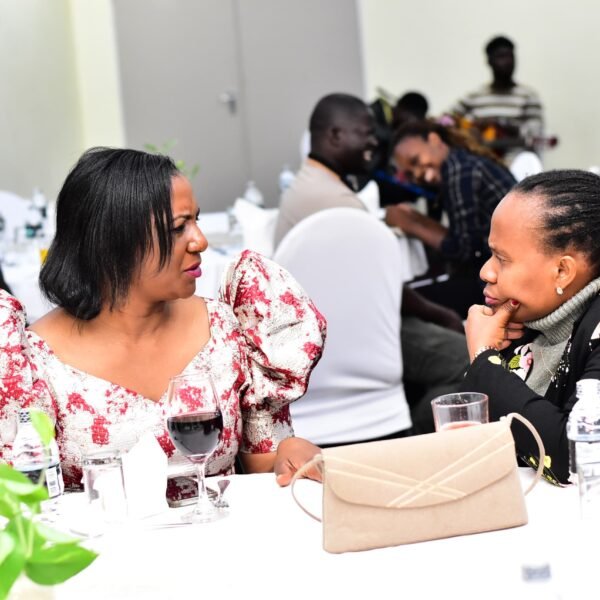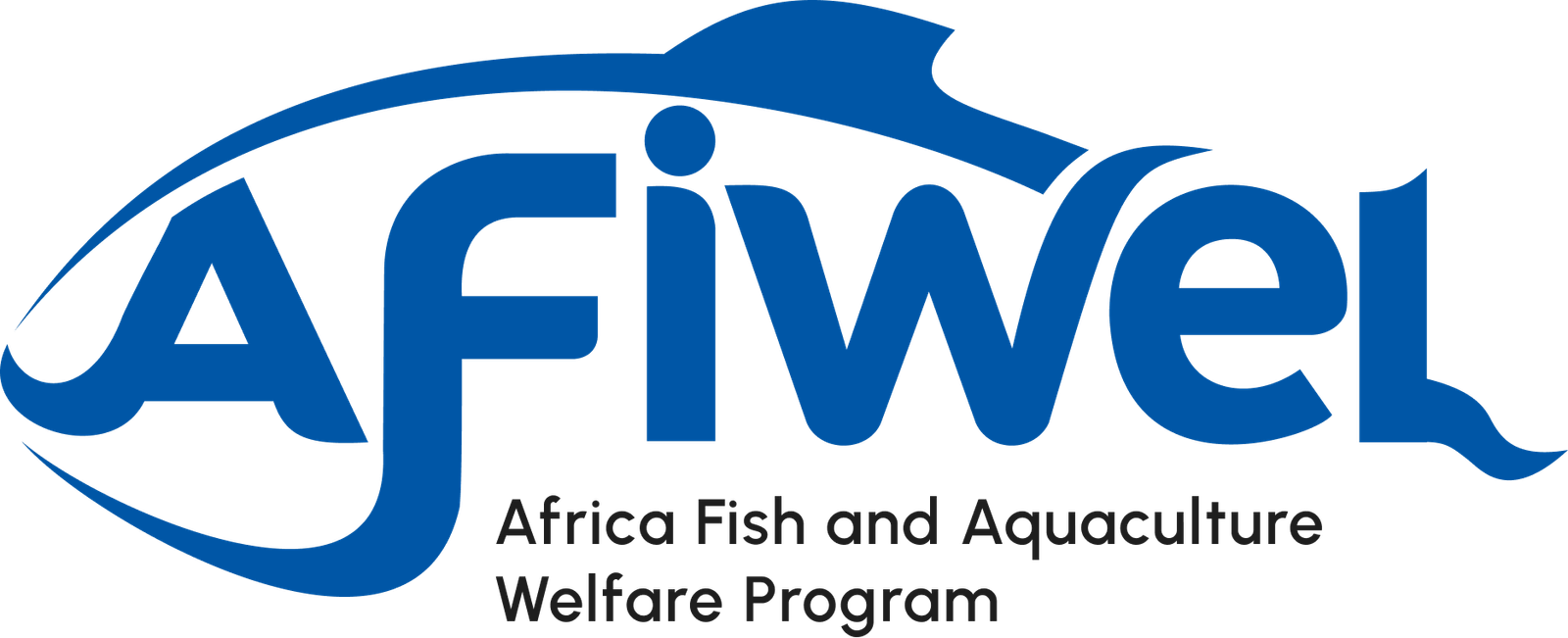
AFIWEL Fellow Meriam Phiri Advances Climate-Smart Aquaculture in Malawi
At AFIWEL (Africa Fish Welfare), we are committed to promoting ethical, welfare-driven, and sustainable fish production systems across Africa. We are proud to spotlight one of our distinguished Fellows, Meriam Phiri, whose innovative approach to integrating fish welfare with climate resilience is making transformative impacts in Malawi’s aquaculture sector.
Meet AFIWEL Fellow: Meriam Phiri
Meriam Phiri is a dedicated aquaculture researcher working with African Women Fish Processors and Traders Network (AWFISHNET) in Malawi, where she has established herself as a champion of context-specific, welfare-focused solutions for smallholder farmers. Her unique approach bridges scientific excellence with practical implementation, ensuring that fish welfare initiatives translate into tangible benefits for both aquatic animals and farming communities. Meriam’s work is characterized by her commitment to developing affordable, locally adaptable solutions that address the interconnected challenges of fish welfare, food security, and climate resilience.
Addressing Malawi’s Unique Aquaculture Challenges
In her research role, Meriam directly confronts the distinctive challenges facing Malawi’s aquaculture sector, including limited access to quality inputs, inadequate water quality management, prevalent diseases, and significant knowledge gaps among farmers—all compounded by climate change vulnerability. Her response has been to develop context-specific solutions such as sustainable local feed formulations, practical water quality techniques including liming applications, accessible disease management strategies like salt bath treatments, and the translation of complex scientific information into actionable training for smallholder farmers.
Celebrating Climate-Smart Innovation: The DESIRA Project Success
In a recent highlight of collaborative achievement, Meriam participated in the DESIRA Project Dinner, celebrating the remarkable success of clearing 21 climate-smart agricultural technologies by Malawi’s Agriculture Clearing Committee. Among these innovations was the improved fish smoking kiln using carbonated briquettes—a technology Meriam helped test during her work with WorldFish.
“Witnessing the formal clearance of 21 technologies, including the improved fish smoking kiln I helped test, provided concrete proof that scientific innovation can genuinely lead to practical, impactful solutions that benefit farmers and the environment,” Meriam reflected.

Building Strategic Partnerships for Fish Welfare
The DESIRA event provided Meriam with invaluable networking opportunities, connecting her with professionals from CGIAR partners, the European Union, and Malawian government agencies. Crucially, she leveraged these interactions to effectively share AFIWEL’s objectives, generating significant interest among key stakeholders who are now more aware of the organization’s mission in advancing fish welfare.
Integrating Climate Resilience with Fish Welfare
The success of the improved fish smoking kiln represents more than just technological advancement—it demonstrates how fish welfare can be integrated with climate-smart practices. This innovation directly enhances fish welfare by minimizing post-harvest stress and spoilage while promoting sustainable practices through reduced deforestation and improved farmer livelihoods.
Meriam is now integrating these learnings into her ongoing AFIWEL projects by prioritizing measurable impacts and framing fish welfare not as a standalone issue, but as an integral component of sustainable, climate-resilient aquaculture systems. Her approach emphasizes how good fish welfare practices inherently contribute to climate resilience and resource sustainability.
Looking Forward: Sustainable Impact Through Evidence-Based Solutions
Meriam’s work exemplifies AFIWEL’s commitment to evidence-based, community-centered approaches to fish welfare. By demonstrating that welfare improvements can deliver tangible benefits to farmers—from improved growth rates to enhanced climate resilience—she is building a foundation for widespread adoption of welfare-focused practices across Malawi’s aquaculture sector.
AFIWEL takes great pride in supporting Fellows like Meriam, who are at the forefront of demonstrating that fish welfare, environmental sustainability, and farmer prosperity are not competing priorities, but complementary goals that strengthen Africa’s aquaculture future.

